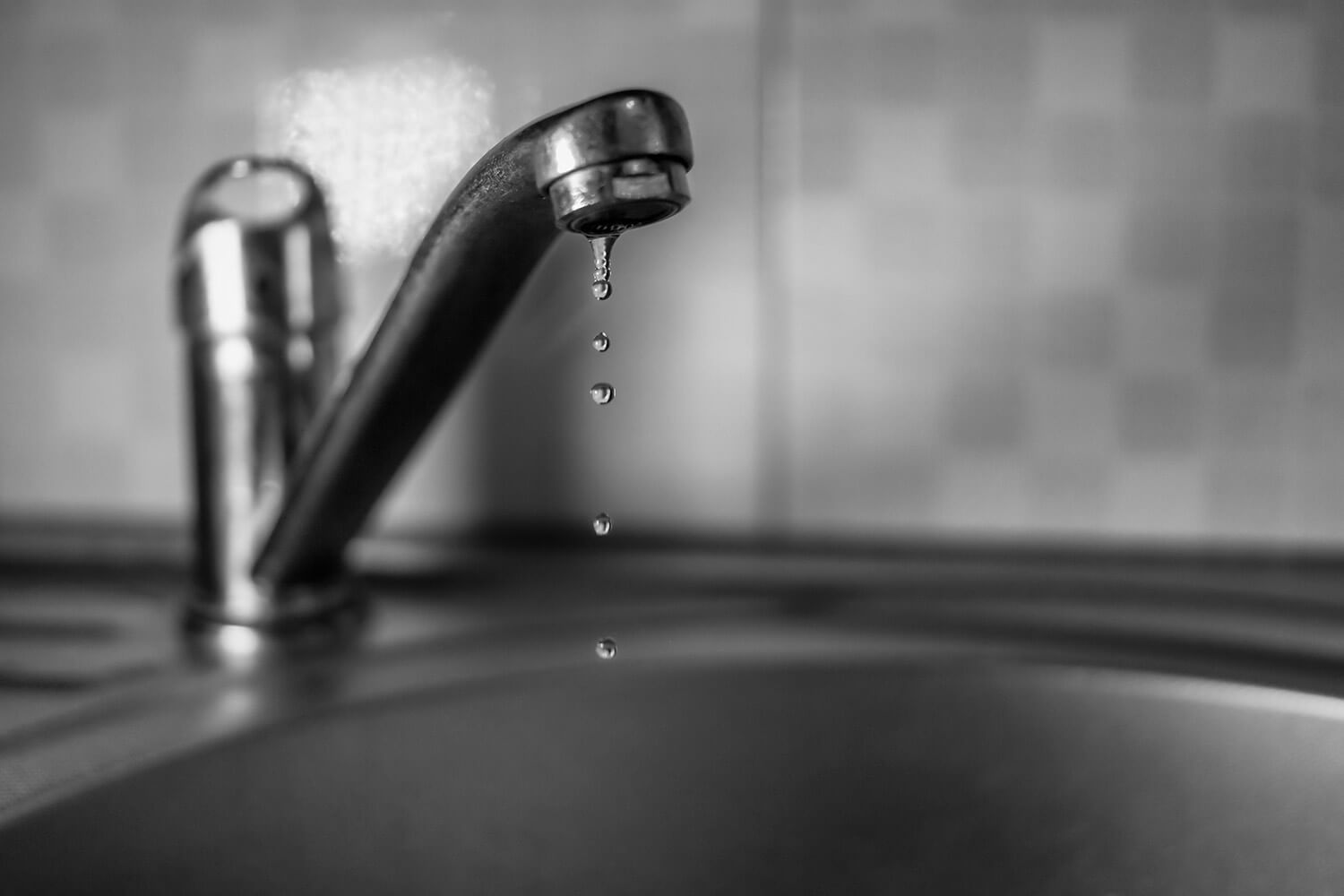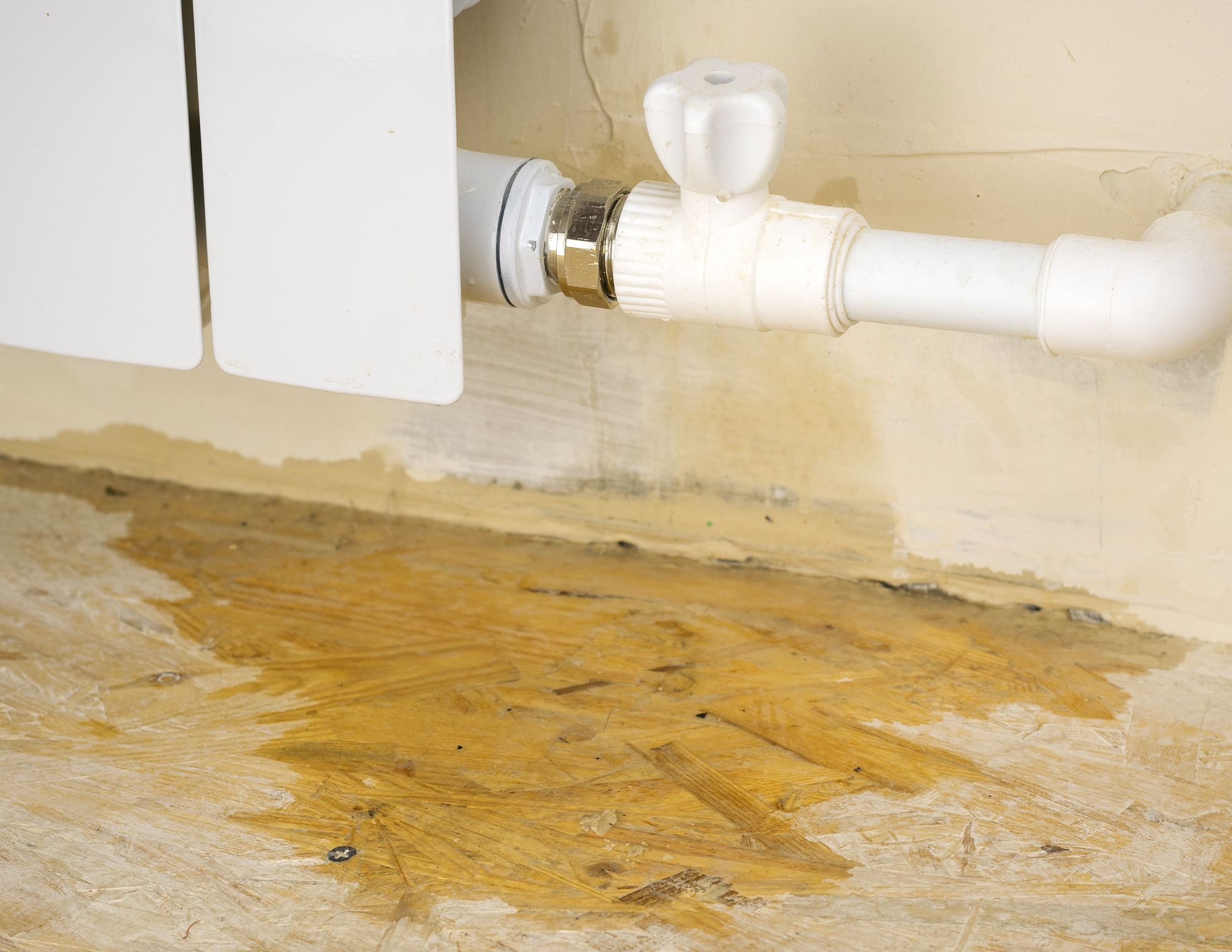Each person has their unique piece of advice about How to detect water leaks in your home.

Leaks not only create waste of water but can additionally trigger unnecessary damage to your home and promote unwanted organic development. By understanding and looking for daily circumstances that create leaks, you can shield your house from future leakages and unneeded damage.
Instant temperature level modifications.
Severe temperature level changes in our pipelines can trigger them to expand and get all of a sudden. This development and tightening might trigger fractures in the pipelines, especially if the temperature level are below freezing. It would be best if you watched on just how your plumbing functions. The presence of the previously pointed out situations often indicates a high risk.
Corroded water supply
As time passes by, your plumbing system ages as well as corrosion such as corrosion may begin gnawing the pipes. This may be the source of staining or bending on your pipes. This requires an evaluation with your plumber promptly. If our plumbing system is old, consider replacing the pipelines given that they are at a greater risk of deterioration than the newer versions.
Malfunctioning Pipeline Joints
The factor at which your pipes connect is regularly the weakest web link in the waterline. Pipeline joints can degrade over time, resulting in water leakages. However, the majority of pipeline joints are not easily visible. If you have loud pipes that make ticking or banging sounds, especially when the warm water is switched on, your pipe joints are probably under a great deal of stress. It is advisable to have your plumber examine your system once a year.
Intruding origins
A lot of water leakages start outside the house as opposed to inside it. If you notice a sudden decline in water stress, say in your faucet, require time to head out as well as examine your yard. You may notice damp spots or sinkholes in your backyard, and that could suggest that tree roots are attacking water lines causing water to leak out. You can have your plumber look for breach, specifically if you have trees or hedges near your property.
Poor Water Connectors
At times, a leakage can be created by loose hose pipes as well as pipelines that supply your home appliances. In case of a water links leakage, you might discover water running straight from the supply line or puddles around your devices.
Blocked Drains
Obstructed drains pipes might be aggravating and also inconveniencing, however they can often wind up triggering an overflow bring about burst pipes. Keep removing any materials that might go down your drains that can obstruct them to prevent such aggravations.
All the above are sources of leaks yet not all water leaks arise from plumbing leaks; some leaks might originate from roofing leaks. All leaks should be fixed promptly to prevent water damages.
Leaks not just create waste of water but can also create unneeded damages to your residence and promote undesirable natural development. By understanding and looking for day-to-day circumstances that cause leakages, you can shield your home from future leakages as well as unnecessary damage. Today, we will look at 6 leak triggers that may be creating your pipelines to trickle.
At times, a leakage can be created by loose hose pipes as well as pipelines that provide your home appliances. In situation of a water links leakage, you may discover water running straight from the supply line or pools around your appliances.
Tell-Tale Signs of a Water Leak
The Sound of Running Water
If you’re hearing water running, your first step should be to check your faucets, toilet valves, and outdoor spigots. If everything if status quo, take an exact reading of your water meter and don’t use the water for a few hours. Then, take another meter reading. If there has been no change, that means water is not running (and maybe it’s time to have your hearing checked!). If the reading has changed, however, this indicates that water is indeed flowing and you most likely have a leak.
Wet or Damp Floors
You’re walking across your carpet and suddenly squish—your sock is soaked! The dog doesn’t look guilty and your child swears they didn’t spill anything. That means you’re likely looking at sewer leakage. Now, it’s easy to just soak it up with a towel and call it a day; however, this won’t stop the leak. Ignoring the problem allows moisture to build up, ultimately causing mold or mildew. Not only is this smelly, it can be very toxic and harmful to children, the elderly, pets, and those with weak immune systems. Don’t risk the health of your home and your family—call in a professional to take care of the problem.
Foul Odors
If there’s an unpleasant smell in your home and you can’t locate the source, don’t just light a candle or spray some Febreze. Funky smells are often due to mold and mildew, which spread fast under ideal conditions (optimal temperature and level of humidity). Growth begins within about 24-48 hours, and spores start to colonize in 3-12 days, becoming visible to the eye within about 18 days. If you think the odor is leak-related, get a plumber out as soon as possible to mitigate damage from rapid fungi growth (and rid your home of the foul odor).
Overgrowth in the Lawn
Unless you didn’t fertilize your lawn evenly, a lush patch of grass in a select area of your lawn, or concentrated wet spots, indicate pipe leakage which is acting as a fertilizer. Left untreated, hazardous bacteria in the underground waste will quickly turn into a messy situation, going from lush growth to lawn destruction.
Wall Cracks
Over time, even the littlest of leaks can cause cracks in the foundation of your home and compromise the entire structure. How does it happen? The leak continues hammering away at the same spot in the ground beneath your home, eventually causing it to shift slightly. Now, you’d never feel this shift, but your walls will. This can be a very dangerous situation, so if you’re seeing vertical or diagonal cracking in your walls it’s best to call a plumber right away.
https://www.expresssewer.com/blog/6-telltale-signs-of-a-water-leak-in-your-home

I came across that write up about How to detect water leaks in your home while doing a search on the search engines. Do you know somebody else who is curious about Common Water Leaks In House? Feel free to share it. I cherish reading our article about How to Find Water Leaks.
Explore